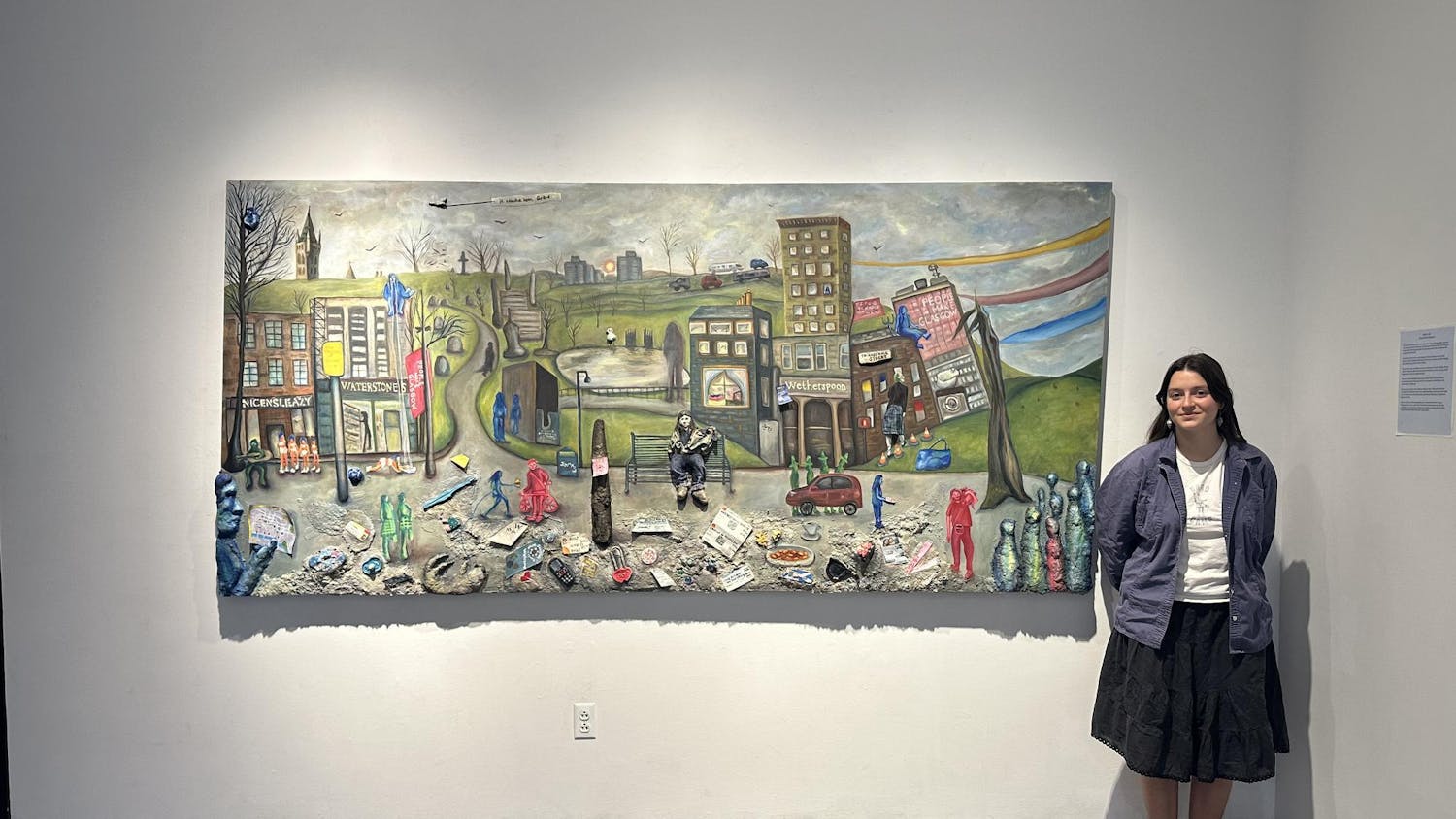Nollywood, the digital film industry of Nigeria, is not just about new technology in filmmaking - it is about documenting and preserving the country's culture, said filmmaker Tunde Kelani in a discussion panel Friday as part of this year's Africana Film Festival, entitled "Nollywood and Beyond." Kelani was joined by filmmaker Andy Amadi Okoroafor and Africana film scholars Jonathan Haynes, professor at Long Island University, and postdoctoral fellow Nduka Otiono.
The discussion, hosted by the Africana Studies department and the Department of Modern Culture and Media, answered questions about defining Nollywood and its impact on the broader cinematic scene in Nigeria and the world.
Nollywood was chosen as this year's topic for the festival because it marks a break from traditional Nigerian filmmaking, said Karen Baxter, managing director of the Africana studies department's Rites and Reason Theatre. The industry is "ground-breaking" not only because of its revolutionary use of technology but also for its response to political and cultural issues that Africans face every day, she added.
Nollywood provides an answer to the traditional distribution problems in African cinema, Haynes said. Filmmaking began in the 1960s in Africa, but it was difficult to reach the domestic audience because of financial cost and censorship issues in the distribution process, he added. But Haynes said Nollywood films "changed everything" for the Nigerian film industry, giving rise to a new commercial culture for a popular audience, both domestically and internationally. Nigeria became the "Mecca of successful industry," he added.
The two films shown on Thursday and Friday - "Maami" and "Relentless" - portray some of these issues on screen.
"Maami" traces Nigeria's soccer player Kashimawo's trip to his hometown after gaining international success. In the film, he recounts his childhood of poverty and his parents' death, but the dark themes are accompanied by humor, warmth and love, especially in the relationship between Kashimawo and his mother. "Maami," which means "mother," is a "very specific, yet universal character," with values of love and parenthood that anyone can relate to, one audience member said during a question-and-answer session after the screening.
Another audience member commented on the portrayal of poverty from the "inside" perspective and how the film's approach differs from the image portrayed by films outside of Africa.
"Relentless" also raises issues about war, child soldiers and prostitution, but the main character's love and loneliness extend beyond Nigeria.
The Africana Film Festival started as a collaboration between MCM studies and Africana studies. This year's goal was to bring important films, filmmakers and scholars to Brown and provide a space for a discussion about their work and the changes in African cinema, said Philip Rosen, professor of modern culture and media. African artists have fought since the time of colonialism to develop African culture, and film has been central in that effort, he added.




